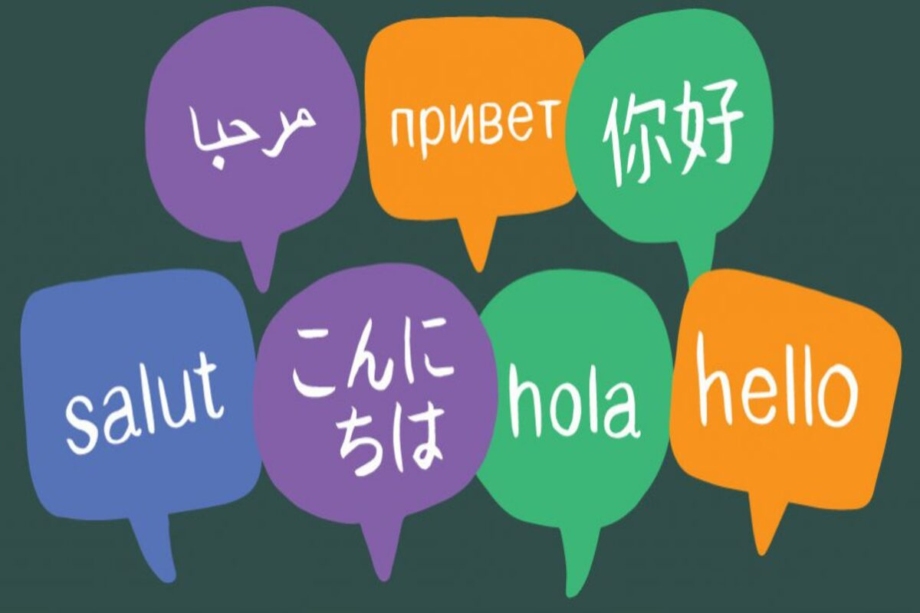本网站使用cookies。
我们通知您,本网站使用自己的、技术的和第三方的 cookies,以确保我们的网页是用户友好的,并保证网页的高功能。继续浏览本网站,即表明您接受对cookies的使用。

Understanding the Role of Interpreters
Interpreters play a crucial role in ensuring that migrant and refugee communities can access services effectively. They bridge the language gap, allowing individuals to communicate their needs, understand available services, and make informed decisions. Proper use of interpreters is essential for providing equitable and accessible services.
When to Use an Interpreter
An interpreter should be used whenever there is a language barrier that could impact the quality of service delivery. This includes situations where the client has limited English proficiency or when discussing complex or sensitive information. Using an interpreter ensures that the client fully understands the information and can communicate their needs effectively.
Choosing the Right Interpreter
Selecting an appropriate interpreter is vital. Here are some key considerations:
Preparing for an Interpreted Session
Proper preparation can enhance the effectiveness of an interpreted session. Here are some steps to take:
Conducting the Session
During the session, it’s important to follow best practices to ensure effective communication:
Confidentiality and Professionalism
Confidentiality is paramount when using an interpreter. Ensure that the interpreter understands the importance of maintaining confidentiality and adheres to professional ethical standards. Clients should feel safe and confident that their information will be kept private. Some people may prefer an interpreter with no links to their community as they may have concerns about confidentiality.
Evaluating the Interpreted Session
After the session, evaluate the effectiveness of the interpretation. Seek feedback from the client and the interpreter to identify any areas for improvement. Continuous evaluation helps improve the quality of interpreted sessions and ensures that clients receive the best possible service.
Why using an interpreter is important
Using an interpreter properly is essential for providing accessible services to migrant and refugee communities in Australia. By choosing the right interpreter, preparing effectively, conducting the session with best practices, and ensuring confidentiality, service providers can bridge the language gap and deliver equitable support.
To find a list of certified interpreters visit https://www.naati.com.au/

Translation and Interpreting Service (TIS)
The Translation and Interpreting Service (TIS) is a vital resource aimed at facilitating communication for individuals who are not proficient in English. It provides professional translation and interpreting services to ensure that language barriers do not impede access to essential services.
Free Access to TIS
Several services can access TIS for free to support their non-English speaking clients. These include:
By providing these services for free, TIS ensures that language does not become a barrier to accessing critical services and support.
Other services can access TIS at a paid rate. See https://www.tisnational.gov.au/Non-English-speakers/Register-a-personal-account